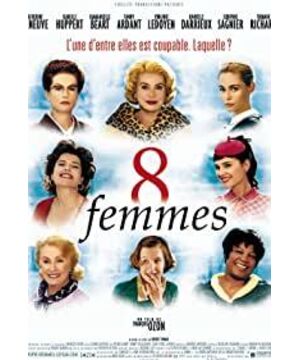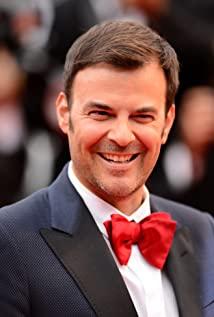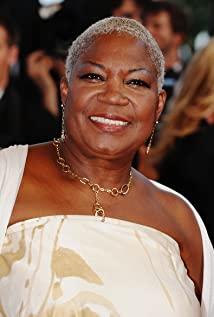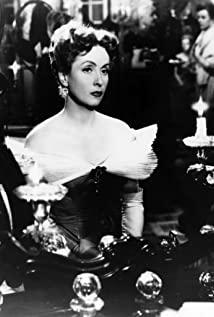I haven't watched a French movie for a long time, and I was suddenly overwhelmed by this long-lost French view. Different from British restraint, German rigor, Russian introspection and Japanese repression, French literary and artistic works occupy a corner of the fortress of world culture and art with its unique freewheeling, in the name of love, and neither madness nor survival. It is for the same reason that French films have discouraged most of the loyal fans of commercial blockbusters. The film continues that smug French humor, revealing the intricate human frailties in absurd moments. The ballroom dance at the tragic ending seems to be saying: You see, misfortune does come, but so what, life has to go on, doesn't it?
The cause of grandfather's death is a little secret in the film that is inconspicuous but scrutinized, and grandma's statement is also very representative: their marriage is an alliance for wealth, but there is no love.
Let's go back to the time just before the film. In Europe, where the bourgeoisie developed rapidly in the 19th century, the capitalist class at all levels, from big bankers to small self-employed, accounted for less than 20% of the total number of people. As a result, in order to maintain their social status and private assets, these few people started a long-term battle for marriage resources: people began to ask for marriage in public newspapers and magazines, and men wanted a lady with money (even if she was not beautiful) , Ladies want rich gentlemen (even without love). And what love do they need? Look for prostitutes and lovers. At that time, there were many leftover women in Europe, and most of them were nobles and widows of the upper class, holding rich inheritances. Their clansmen objected to their marriage due to fears of asset outflow.
Looking back at our contemporary society, is it so familiar? When I often hear about other people's marriage stories, it starts like this: he married her, her parents are leaders of so-and-so, and they bought him a house for ** 10,000 yuan. In these narratives, the central characters disappear, the emotions that underlie intimacy disappear, and we don't know what the two people in a marriage were like, only how much support they received from each other's families. How sad this is. Just like the mother and grandmother in the movie.
If you are easy to satisfy with life (as long as you are materially wealthy), then this transaction is of course cost-effective. The key is how to balance supply and demand; but if you want something other than money (understanding, companionship and support, spiritual communication...) then you have to Learn to choose and choose, learn to be confused, learn to be content.
In the final analysis, the eight women are just windows of tragedy, and the social dilemma reflected by their images deserves everyone's reflection, which has nothing to do with gender.
Happiness is not the end of the pursuit, but the pursuit itself.
View more about 8 Women reviews











